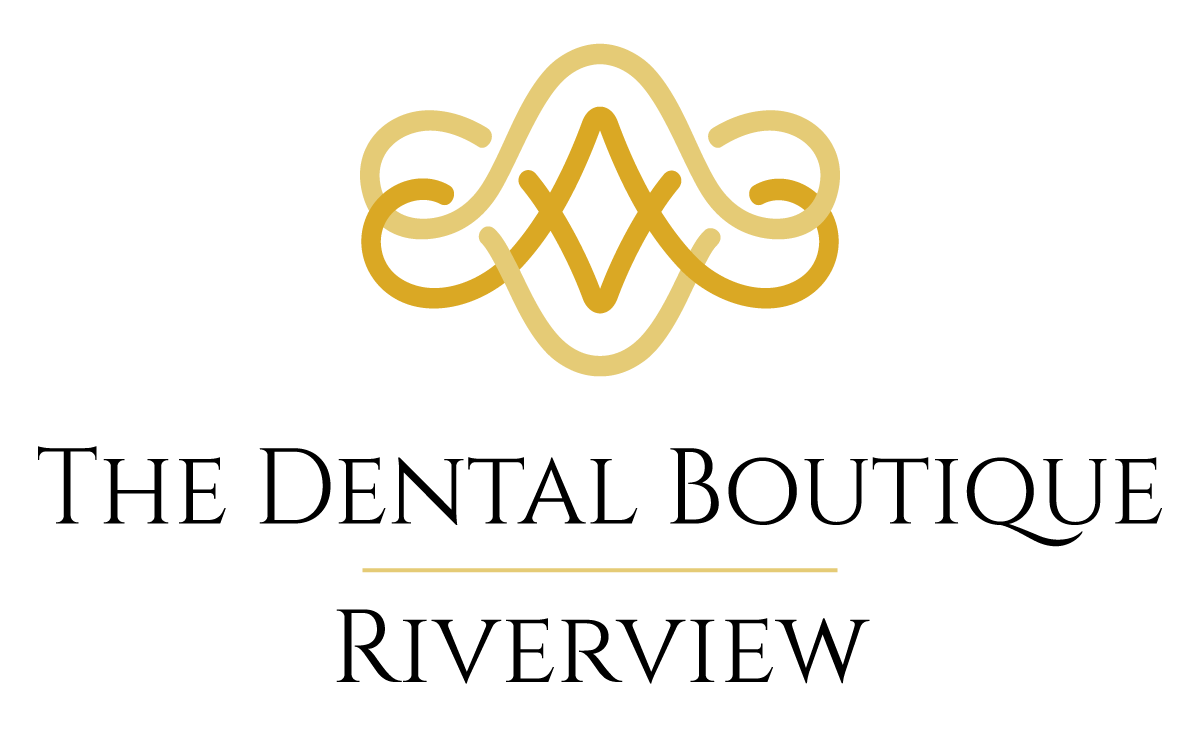What to Do When the Unexpected Happens: A Guide to Common Dental Emergencies
Have you ever experienced a sudden toothache that made it hard to concentrate, or accidentally chipped a tooth during lunch? Dental emergencies can happen when we least expect them. The question is, how do I know if this is a dental emergency, and what should I do next? Knowing how to react quickly and confidently can make all the difference in preserving your oral health.
At The Dental Boutique Riverview, we understand that dental emergencies are stressful. That’s why it’s important to be informed and prepared. In this guide, we’ll walk you through common dental emergencies and how to handle them, so you’re never caught off guard.
What Counts as a Dental Emergency?
Not every dental issue is urgent, but some situations do require immediate care. A dental emergency is typically any oral health problem that causes significant pain, bleeding, swelling, or threatens the long-term function or appearance of your teeth.
Examples of common dental emergencies include:
- A knocked-out (avulsed) tooth
- A cracked, fractured, or broken tooth
- Severe toothaches
- Abscesses or signs of infection
- Loose or missing fillings or crowns
- Injuries to the soft tissues of the mouth
If you’re wondering, “how do I know if this is a dental emergency?”—ask yourself: Am I in pain? Is there bleeding? Is a tooth loose or completely out? If the answer is yes, don’t delay seeking professional help.
Immediate Action Steps for Common Dental Emergencies
1. Knocked-Out Tooth
Time is critical when a tooth is knocked out. If handled correctly, the tooth can often be saved.
What to do:
- Pick the tooth up by the crown (not the root).
- Rinse it gently with water if it’s dirty—do not scrub or use soap.
- Try to place it back in the socket. If that’s not possible, keep it moist in a glass of milk or in your cheek.
- Seek emergency dental care immediately—ideally within 30 to 60 minutes.
Benefit of Timely Action: According to the American Association of Endodontists, a knocked-out tooth has the best chance of being saved if it is returned to its socket within one hour of the injury. Quick, informed action significantly improves the outcome.
2. Cracked or Broken Tooth
Whether it’s from biting something hard or sustaining a blow to the face, a cracked or broken tooth can be painful and lead to further complications.
What to do:
- Rinse your mouth with warm water.
- Apply a cold compress to reduce swelling.
- If there's bleeding, gently bite down on clean gauze.
- Avoid chewing on that side of the mouth.
- Call your dentist right away for a proper evaluation and treatment.
Benefit of Early Evaluation: Prompt care helps prevent infection and allows your dentist to restore the tooth before it worsens. The American Dental Association emphasizes that fractures, even small ones, can cause long-term damage if ignored.
3. Severe Toothache
Toothaches are one of the most common dental emergencies and can indicate infection, decay, or even an abscess.
What to do:
- Rinse your mouth with warm water.
- Use dental floss to remove any food stuck between teeth.
- Avoid placing aspirin directly on the tooth or gums.
- Take over-the-counter pain relievers as directed.
- Schedule an emergency dental appointment as soon as possible.
Benefit of Prompt Treatment: Toothaches don’t resolve on their own. Addressing the issue early can prevent the need for more invasive procedures, such as a root canal or extraction. According to the Journal of the American Dental Association (JADA), early diagnosis leads to more conservative and effective care.
How to Know When to Call the Dentist
Sometimes it's hard to distinguish between a problem that can wait and one that needs immediate attention. Here's a simple rule of thumb: If your discomfort is severe, persistent, or interferes with eating, sleeping, or daily life—it’s likely a dental emergency.
Other signs to look for:
- Bleeding that doesn’t stop
- Swelling of the face or jaw
- Pus or signs of infection
- Difficulty opening your mouth or swallowing
When in doubt, call The Dental Boutique Riverview at 813-252-2273. Our team can help assess the urgency of your situation and guide you on what to do next.
Preventing Dental Emergencies Before They Happen
While not all dental emergencies can be prevented, many can be minimized with simple steps:
- Wear a mouthguard when playing sports.
- Avoid chewing on ice, hard candy, or pens.
- Don’t use your teeth as tools to open packages.
- Keep up with routine dental checkups and cleanings.
- Address minor dental issues before they become major problems
.
Pro Tip: According to the Centers for Disease Control and Prevention (CDC), regular dental visits not only improve oral health but also help detect problems before they become emergencies.
When in Doubt, Reach Out
Dental emergencies are never convenient, but knowing what to do—and acting quickly—can make all the difference. Whether it’s a sudden toothache or a chipped tooth from a weekend mishap, understanding common dental emergencies and how to handle them helps you protect your oral health.
Still unsure and wondering, “how do I know if this is a dental emergency?” The best answer is to trust your instincts and contact a dental professional right away.
At The Dental Boutique Riverview, our experienced team led by Dr. Vallo and Dr. Robison is ready to provide fast, compassionate care when you need it most. Call us at 813-252-2273 or visit our office at 10555 Bloomingdale Ridge Dr, Riverview, FL 33578 for emergency dental care that prioritizes your comfort and well-being.
Your smile deserves immediate attention—don’t wait.
Share This Post

